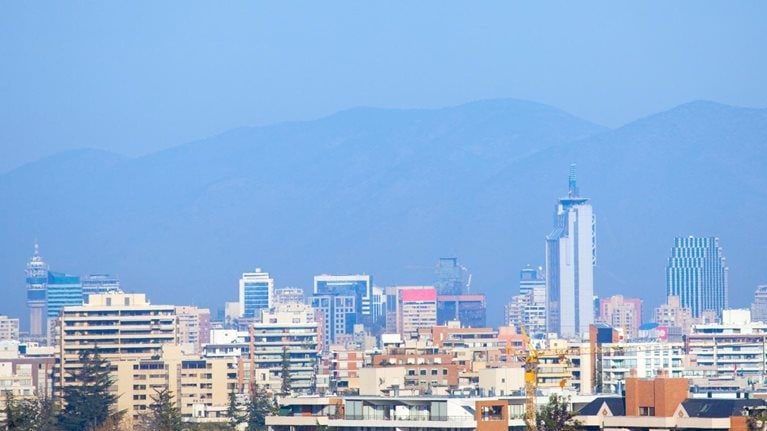Brazil's economy grew rapidly until 1980, when expansion was brought to a halt by hyperinflation and the resulting instability. The country's living standards have been stagnant ever since. Yet disappointing though the performance of recent years has been, Brazil has tremendous potential for growth. While the government estimates that the economy could grow by 5 to 7 percent a year, our research suggests that if economic reform were strenuously pursued, growth could reach 8.5 percent a year. Progress of this order would lead to a doubling of per capita gross domestic product to about $10,000 within 10 years.
To examine the productivity and expansion of Brazil's economy, we carried out case studies of eight important industries: Airlines, automotive, food processing, food retailing, residential construction, retail banking, steel, and telecommunications. We then used our findings to estimate what growth rates might be like if there were extensive reform of the policies and regulations governing these industries.
Our main findings were:
- Rapid productivity increases and additional domestic and foreign investment are the keys to doubling Brazil's per capita GDP.
- To achieve these gains, Brazil must hold inflation in check and ensure macroeconomic stability. Deregulation, reductions in import tariffs, and privatization must also proceed in order to increase competition and exposure to global best practices.
- Investment must rise to 26 percent of GDP from its current rate of 19 percent. This could be achieved through productivity growth, by moving toward a balanced budget, by streamlining the banking system, and by introducing further incentives for private savings. With sound macroeconomic management, the economy could support foreign direct investment and foreign indebtedness to the level of half of Brazil's GDP without over-reliance on outside capital.
- Brazil could double its GDP per capita without first having to attain the educational level of countries that already have double its GDP per capita by instituting company training programs and global best practices.
- This fast growth path will not generate structural unemployment. On the contrary, fast growth is essential if Brazil is to make any progress toward reducing poverty.

